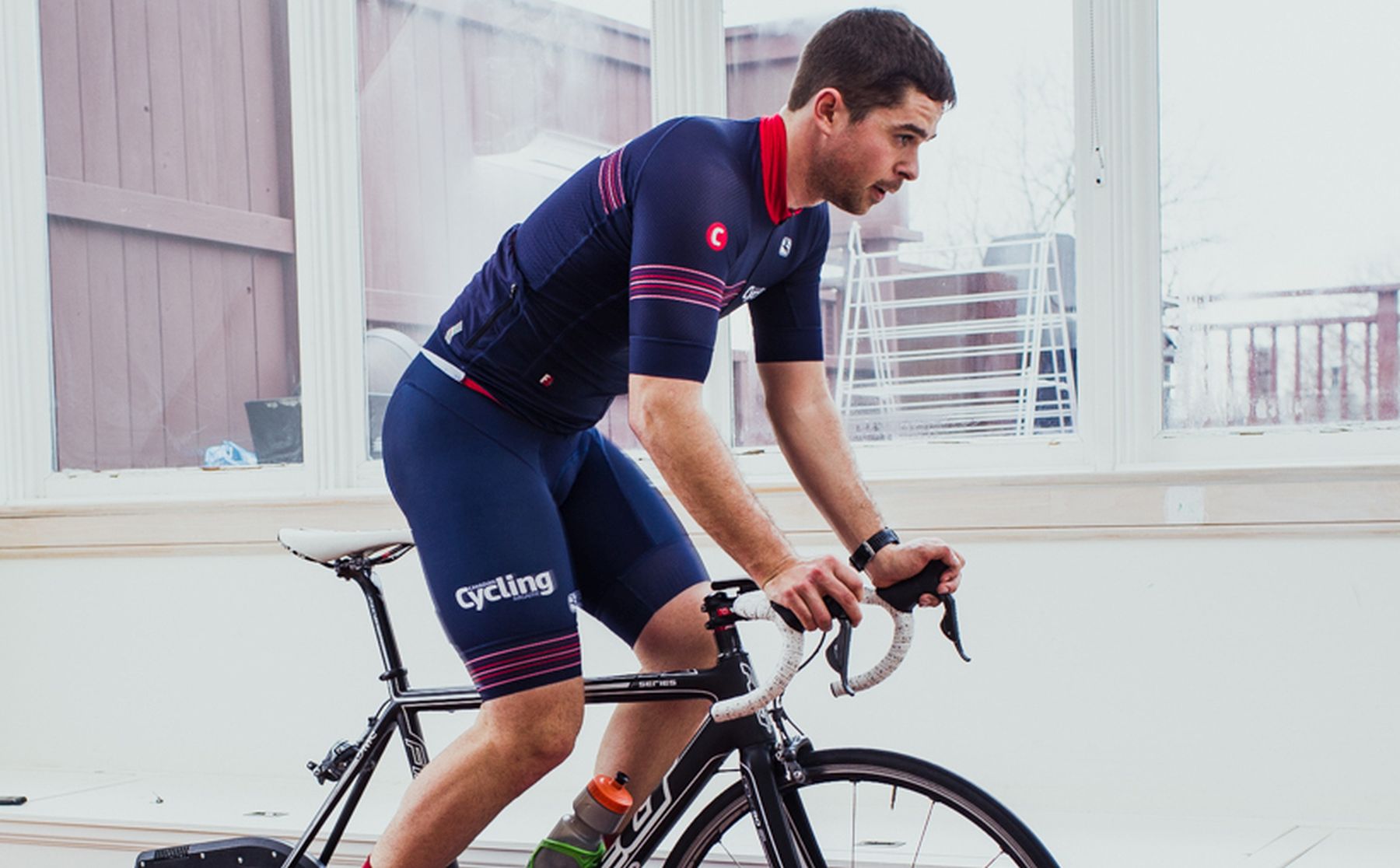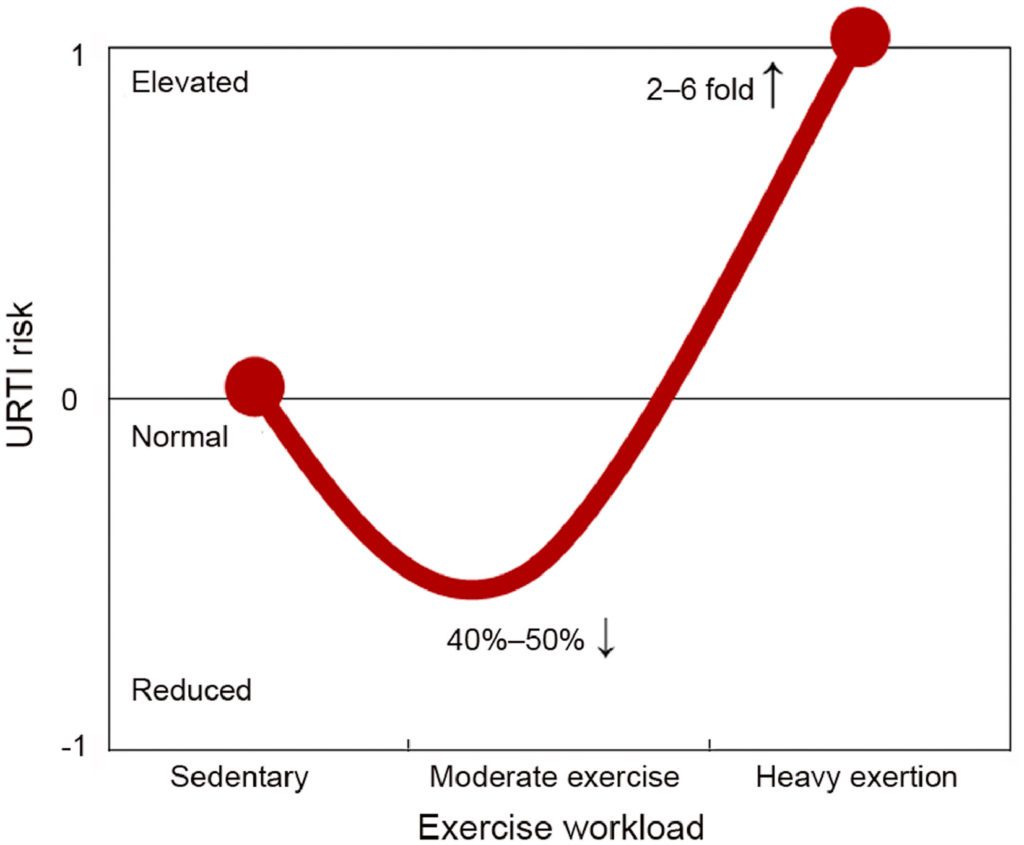Should you train harder or cut down on workouts to strengthen your immune system?
Now, more than ever, it’s important to stay healthy

As a cyclist you may be thinking that this is a good time to get in some quality training. Trainer rides seem like an ideal way to kill excessive amounts of time at home, but how will changing your training routine affect your immune system?
RELATED: Arnold Schwarzenegger recommends cycling during social isolation
Immunology and exercise
Even healthy individuals experience fluctuations in the strength of their immune systems. Now, more than ever, it’s important to keep yourself in the healthiest state possible. Studies on the effects of exercise on the immune system come to a variety of conclusions.
A 2012 review of sport and infectious risk published in Medecine et Maladies Infectieuses found that, The effect of physical activity on the immune system depends on the type and duration of the work out. Workouts of a moderate intensity see immune benefits, while sustained acute workouts or periods of intensive training may have negative effects.
In contrast, a 2018 paper published in Frontiers in Immunology argues that previous studies have misinterpreted the movement of immune cells in the body. The count of immune cells in the bloodstream increases up to ten times during exercise, but dips down substantially in the hours after exercise, sometimes to even lower numbers than before the activity. The researchers argue that the cells aren’t lost or destroyed, they’re just moving to sites in the body that are more likely to become infected, such as the lungs.
RELATED: Race organizers struggle to figure out next steps amid cancellations
Another 2018 paper, published in Physiology and Nutrition, studied elite athletes and found that after a three-week training block the athletes actually saw an increase in the strength of their immune systems. These athletes were being coached, and, though they were training hard, they were not hitting the level of over-training that would tip the scales and cause a dip in their immune systems. The researchers also concluded that moderate intensity exercise may enhance immune functioning.
Finally, a 2019 paper in the Journal of Sport and Health Science analyzed the physiological stress load of different durations and intensities of exercise on the immune system. They found that while acute exercise was beneficial to the immune system, high exercise training workloads and competition events increased illness risk. They found that participation in unusually intensive training periods with large fluctuations cause particularly negative immune function effects.

So how should you modify your training?
Simply put, you shouldn’t make any drastic changes to your training plan. Don’t spend the week hammering out daily Zone 4 workouts, but don’t stop training. Try your best to remain consistent and consider avoiding workouts that will completely destroy you, as they may compromise your immune system to some extent.
High levels of depression or anxiety, lack of sleep and stress are all factors in the behaviour of your immune system. If training on the bike is the last thing you want to be doing right now, listen to your body and engage in an activity you find relaxing. It can be stressful to see others being productive in a time when you don’t feel like you can even get out of bed. If this is the case, turn off social media for a few days, disengage from the stream of other’s accomplishments and focus on your own wellbeing.
It goes without saying, but if you are experiencing any symptoms of illness, stop training.


